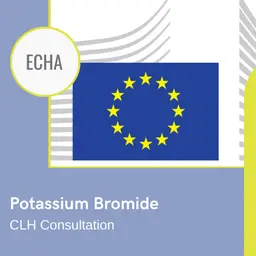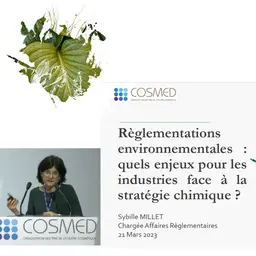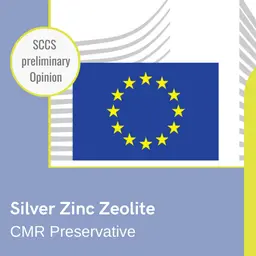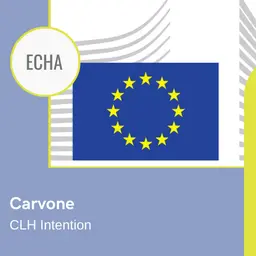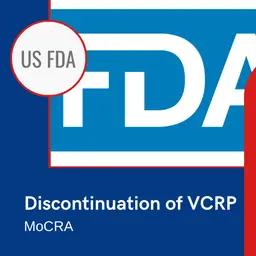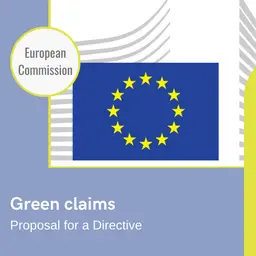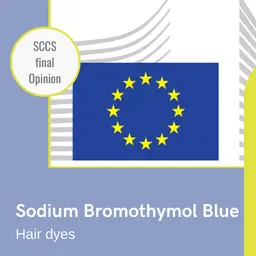
As part of its assessment of the safety of substances that may have endocrine disrupting properties, the SCCS published its Final Opinions on Butylparaben (in October 2023) and Salicylic Acid (in June 2023), each time expressing reservations about the use in children’s products. As the industry has provided data to defend this use, the European Commission is now asking the Scientific Committee to reconsider the issue.
Butylparaben
Background
The ingredient Butylparaben (CAS No.94-26-8, EC No.202-318-7) with the chemical name “Butyl 4-hydroxybenzoate” is currently regulated as a preservative (Annex V, entry 12a) in a concentration up to 0.14 % (as acid) when used on its own or for the sum of its combined use with propyl paraben and its salts (Annex V, entry 12a, column g).
Butylparaben has been subject to different safety evaluations by the SCCP in 2005 (SCCP/0874/05), 2006 (SCCP/1017/06), and 2008 (SCCP/1183/08) and by the SCCS in 2010 (SCCS/1348/10), 2011 (SCCS/1446/11) and 2013 (SCCS/1514/13).
In 2023, the SCCS re-assessed the safety of Butylparaben in view of its potential endocrine effects following a call for data where stakeholders submitted scientific evidence to demonstrate the safety of Butylparaben in cosmetic products. In the SCCS/1651/23 Opinion, the scientific committee confirmed the safety of Butylparaben as a preservative in cosmetic products at concentrations of up to 0.14% (expressed as acid). Nevertheless, the experts noted that “In the absence of exposure data specific for children to Butylparaben in cosmetic products, potential safety concerns cannot be excluded.”
In March 2024, the Commission services received additional information from industry to defend the use of Butylparaben in cosmetic products used in …



